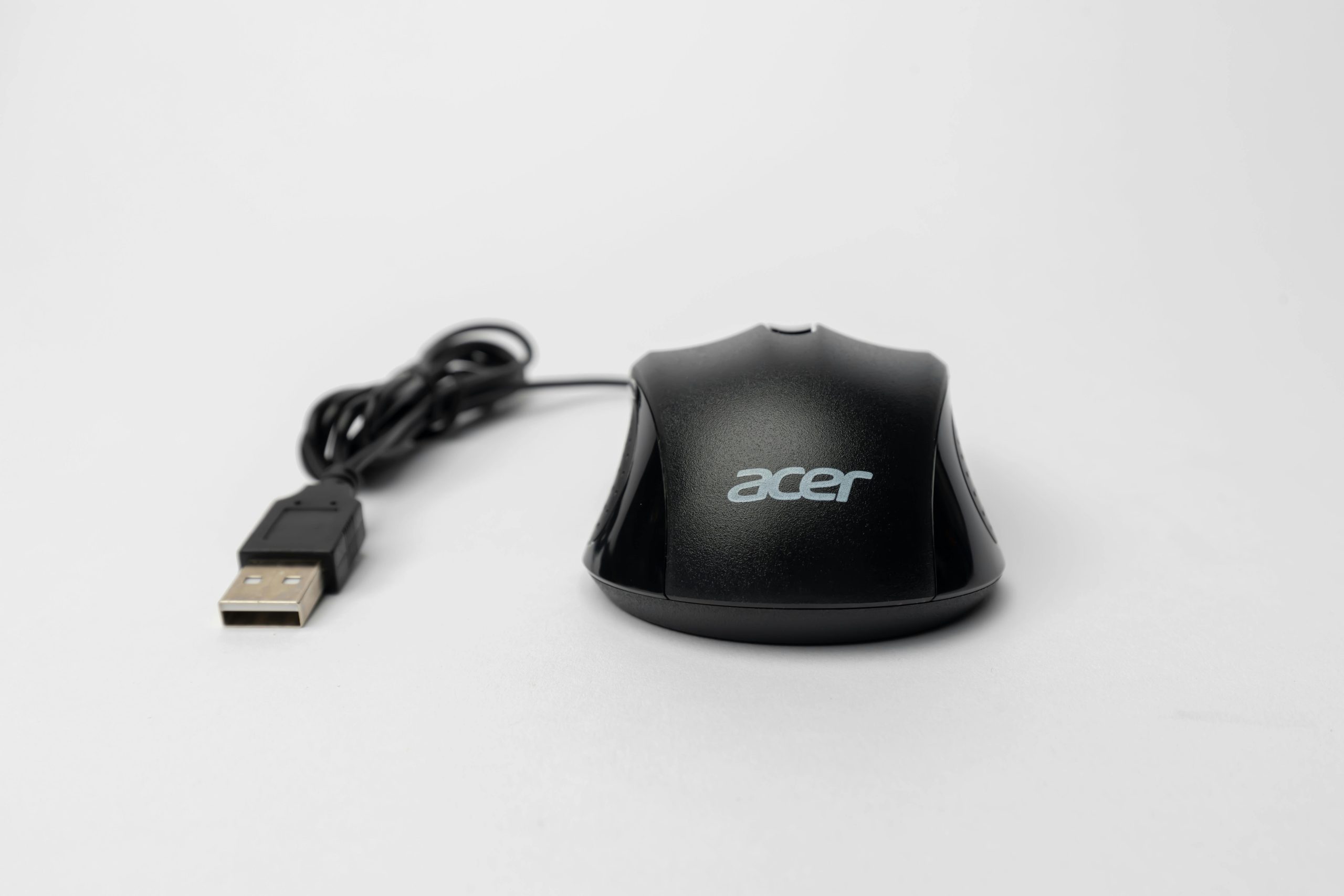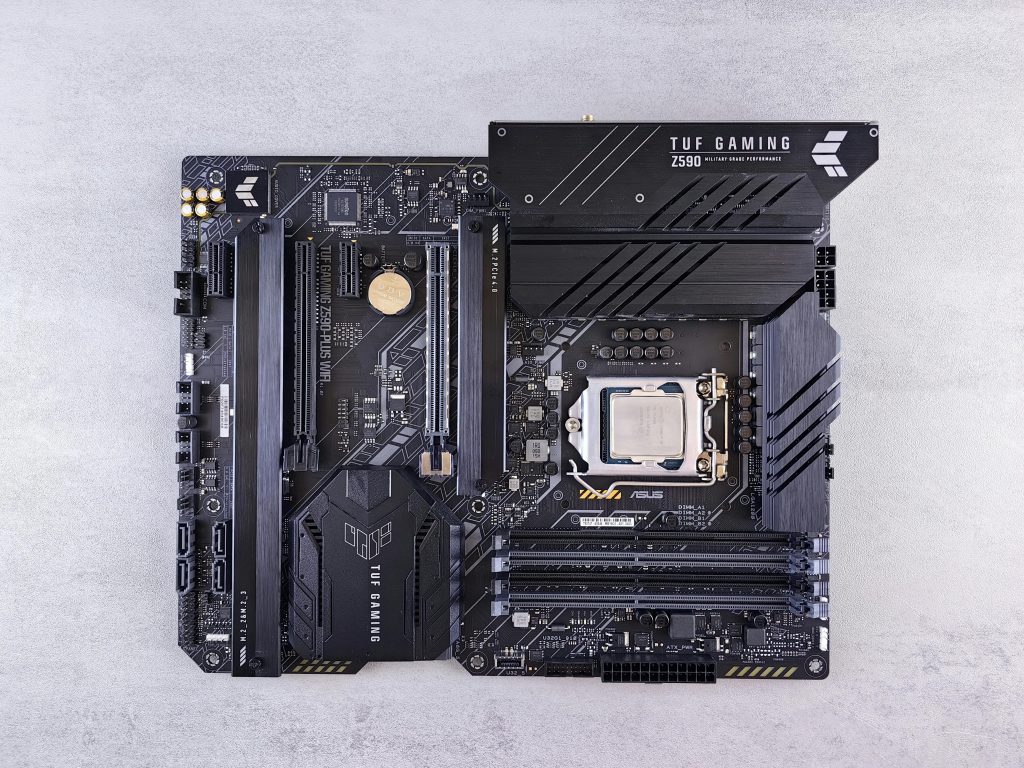Understanding and Diagnosing Random PC Freezes During Idle: A Professional Perspective
Experiencing occasional system freezes can be both perplexing and disruptive, especially when they occur unpredictably. If you find your PC consistently freezing when left idle, with the mouse cursor still responsive but unclickable, you’re not alone. Below, we explore potential causes, troubleshooting strategies, and best practices to identify and resolve this common yet elusive issue.
Scenario Overview
The problem: Your computer freezes entirely after being idle for some time. Interestingly, opening Chrome without browsing prevents the freeze. During a freeze, the mouse moves and hovers over elements (changing cursors accordingly), but clicking does nothing. Occasionally, the system freezes while browsing or even during gaming sessions, although such instances are rare.
Additional observations include:
- The system warns of low memory usage after prolonged use, despite having 32GB RAM.
- System diagnostics like Windows Memory Diagnostic and MemTest86 report no issues.
- The case RGB lighting indicates the freeze is system-wide, not just software-related.
- The issue persists across different activities, including gaming and video calls.
Hardware and Software Specifications
- Operating System: Windows 11
- Processor: AMD Ryzen 5 5600x (maintains normal temperatures)
- Graphics Card: Zotac RTX 3090 AMP Core Holo
- RAM: 32GB DDR4 3200 MT/s
- Motherboard: ASUS TUF B450 PRO Gaming
- Power Supply: Riotoro 850W
- Storage: Two SSDs and one HDD
- Monitors: Two, connected via HDMI and DisplayPort
Troubleshooting and Diagnostic Steps
-
Monitor System Temperatures and Hardware Performance
-
Despite normal temperatures, ensure all cooling components are functioning properly.
-
Use hardware monitoring tools (e.g., HWMonitor, MSI Afterburner) to check for anomalies during idle and load.
-
Review Event Viewer Logs
-
Collect system logs around the time of the freeze to identify any warnings or errors.
-
Look for kernel power events, driver crashes, or hardware failures.
-
Test RAM Thoroughly
-
Although initial tests passed, memtesting over extended periods is advisable.
-
Consider testing individual RAM modules or slots to rule out physical issues.
-
Evaluate Power Supply and Connections
-
A stable power supply is critical. Even an 850W PSU can have issues.
- Verify all power connections and
Share this content:



